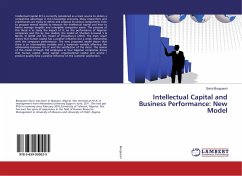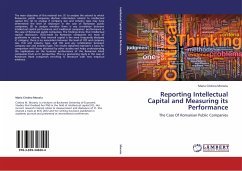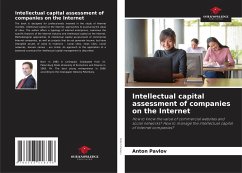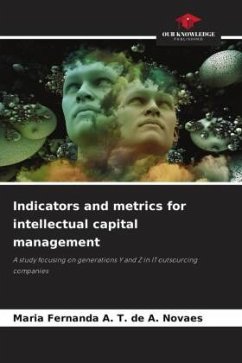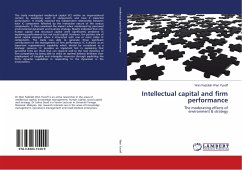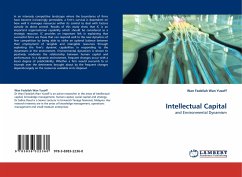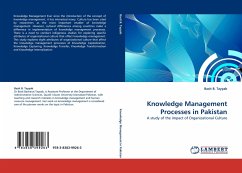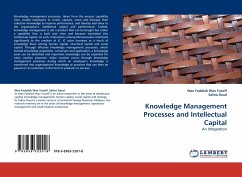
Knowledge Management Processes and Intellectual Capital
An Integration
Versandkostenfrei!
Versandfertig in 6-10 Tagen
32,99 €
inkl. MwSt.

PAYBACK Punkte
16 °P sammeln!
Knowledge management processes, taken from the process capability view, enable employees to create, capture, share and leverage their collective knowledge to improve performance, and thereby add value to the organization s intellectual capital and performance. Indeed, knowledge management is not a product that can be bought but rather a capability that is built over time and become translated into intellectual capital. As such, interactions among KM processes contribute significantly to the creation of IC. IC value increases as a result of knowledge flows among human capital, structural capita...
Knowledge management processes, taken from the process capability view, enable employees to create, capture, share and leverage their collective knowledge to improve performance, and thereby add value to the organization s intellectual capital and performance. Indeed, knowledge management is not a product that can be bought but rather a capability that is built over time and become translated into intellectual capital. As such, interactions among KM processes contribute significantly to the creation of IC. IC value increases as a result of knowledge flows among human capital, structural capital and social capital. Through effective knowledge management processes, which include knowledge acquisition, conversion and application, a knowledge asset can be identified and important knowledge can be exploited for value creation purposes. Value creation occurs through knowledge management processes during which an employee s knowledge is transferred into organizational knowledge or practices that can then be passed on to customers in the form of products or services.



